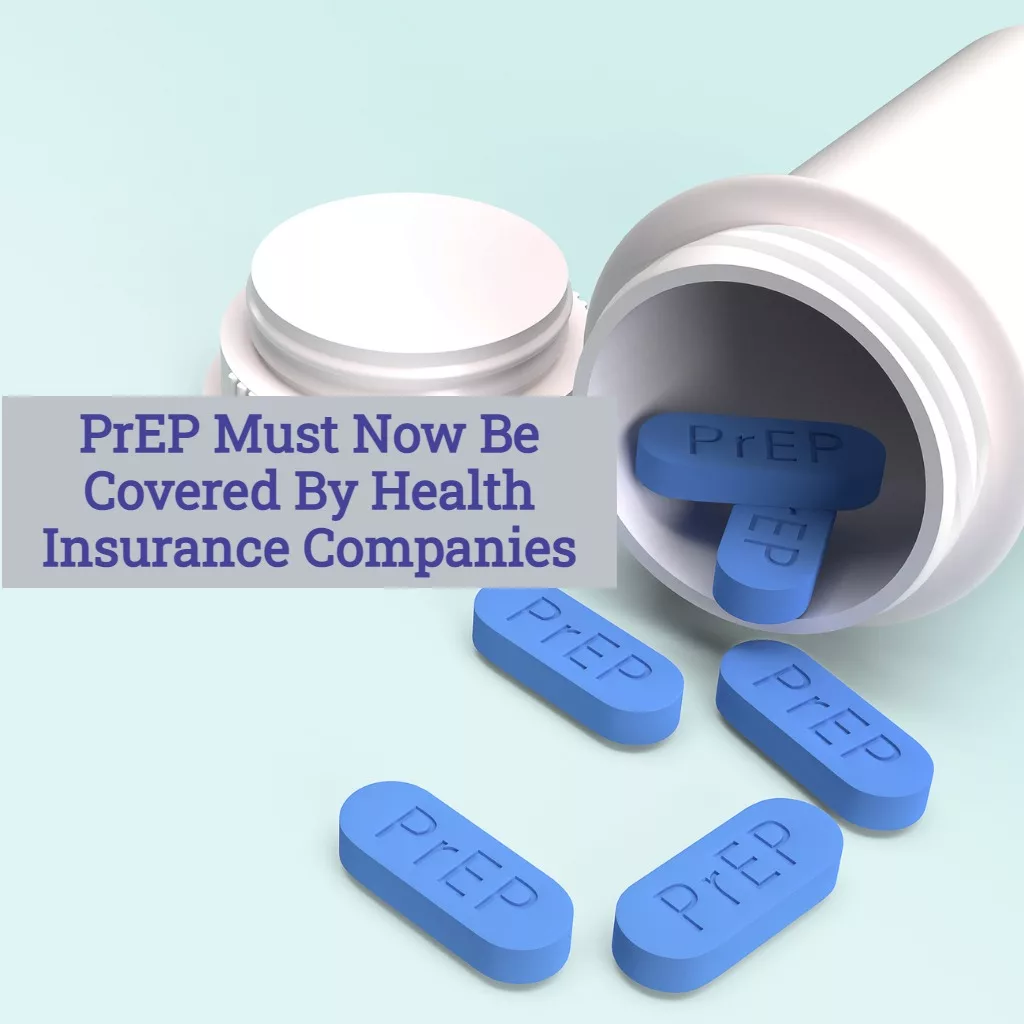Although we might have been focused on other illnesses for the past few years, HIV, the virus that can cause AIDS, has by no means been eradicated in the United States. 1.2 million people in the U.S. are living with HIV; around 14% of them are unaware they are infected, and only a little over half of those who are aware of their condition are virally suppressed. Fortunately, there are now effective treatments for the virus (but still no cure), as well as a drug that can help prevent getting infected, known as PrEP. And now, in an attempt to prevent the spread of HIV, the federal government has announced that all health insurance companies in the U.S. must completely cover the cost of this drug. But will it be offered to everyone, and when can people expect to get the PrEP pill at no cost?
All About HIV

HIV, or human immunodeficiency virus, was once considered a death sentence, and a diagnosis of it can still sound extremely scary today. And while it is a serious virus that attacks the body’s immune system, and which, if not treated, can lead to the more deadly AIDS (acquired immunodeficiency syndrome), there are now treatments that can slow or prevent the progression of the virus. The problem is that there is currently no cure for HIV (or AIDS), which is why it is important for those who are at a higher risk of contracting HIV to protect themselves with PrEP.
Fortunately, a lot of myths have been debunked about HIV, but there are some things about the virus that might still be surprising to many people, including the following statistics:
- In 2018, there were almost 40,000 new HIV diagnoses.
- Gay and bisexual African American men account for the largest number of HIV diagnoses.
- Approximately 23% of people living with HIV in the U.S. are women, and about one in nine of them are unaware that they have the virus.
- Among all women diagnosed with HIV in 2018, 57% were African American, 21% were white, and 18% were Hispanic/Latina.
- Young adults aged 13 to 24 accounted for more than 1 in 5 new HIV diagnoses in 2018.
When To Consider PrEP
PrEP, which stands for pre-exposure prophylaxis, is a daily medication that can reduce a person’s chances of getting HIV if taken daily; doing so will reduce the risk of getting HIV from sex by more than 90%, and more than 70% for people who inject drugs. A person can benefit from the drug if they:
- have a sexual partner with HIV
- have not been consistently using a condom
- have been diagnosed with an STD in the past 6 months

- inject drugs and share needles with an injection partner who is infected with HIV
Who Can Get PrEP For Free & When?
According to the Centers for Medicare and Medicaid Services (CMS), the drug will be free for people who are insured. They will not have a:
- Drug copay
- Lab test copay
- Coinsurance fee
- Doctor visit copay
- Deductible payment
Health insurance companies will have 60 days from July 19th to comply with the new mandate.
While the new rule currently only applies to those with health insurance, there is some debate on giving access to the medication to everyone, not just the insured. Kenyon Farrow, managing director of advocacy and organizing at the activist group PrEP4All, called upon the federal government “to look for ways to cover people who are uninsured, particularly in non-Medicaid-expansion states, to be able to access PrEP services.”
“If we’re serious about ending the HIV epidemic,” Farrow said, “we have to ensure equal access to PrEP in all communities and not only for the insured.”

